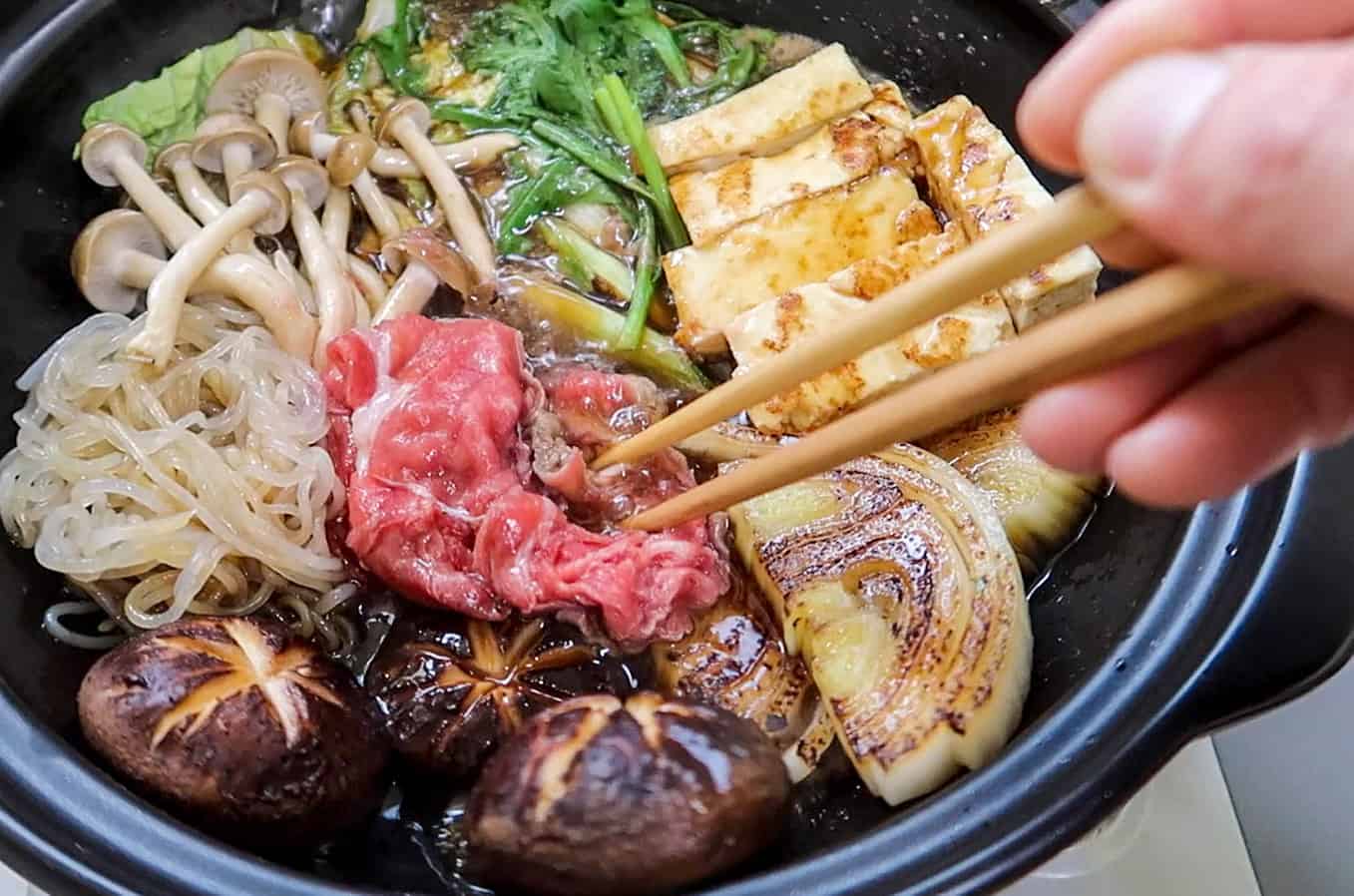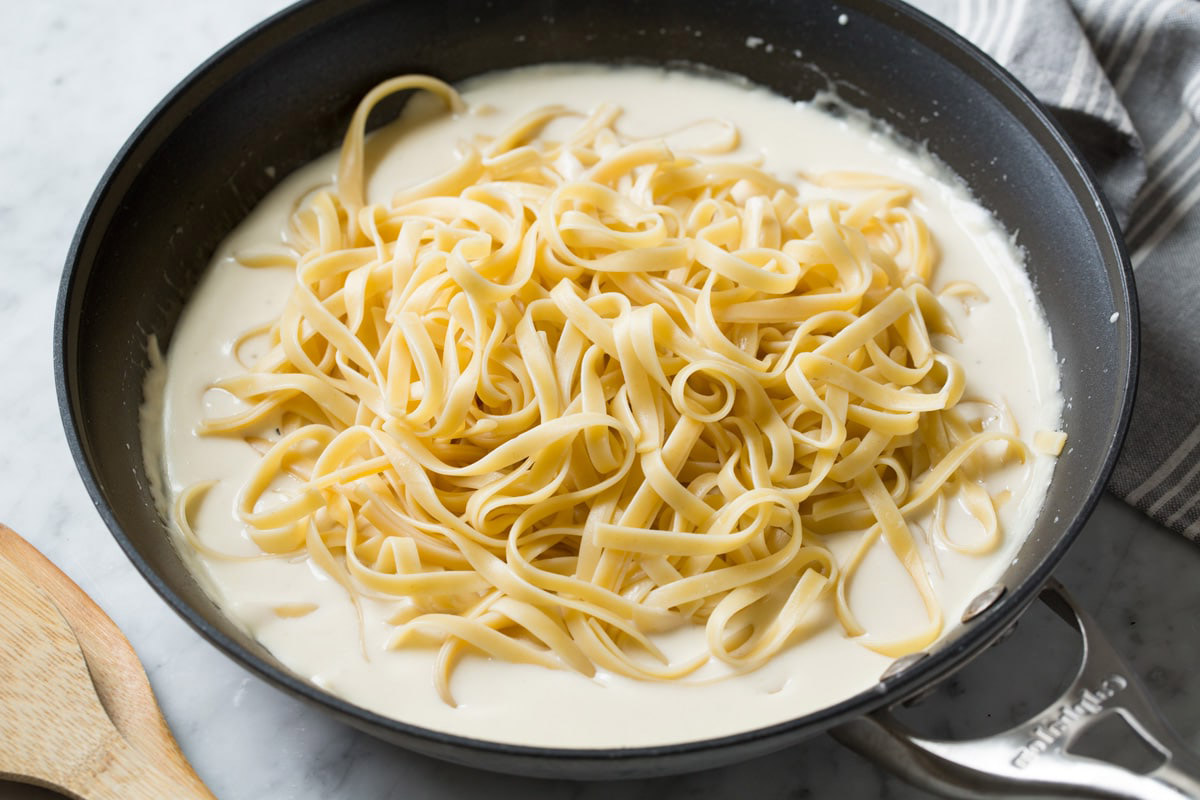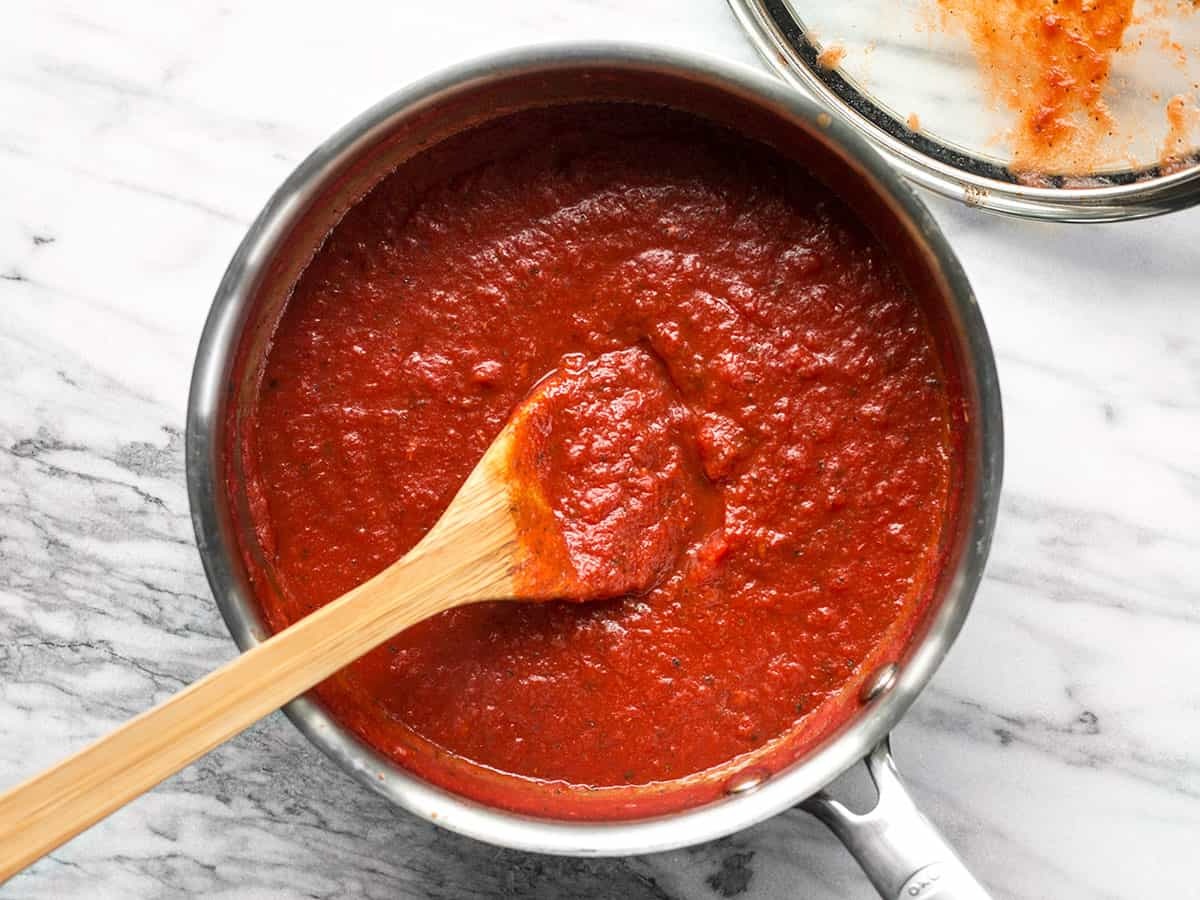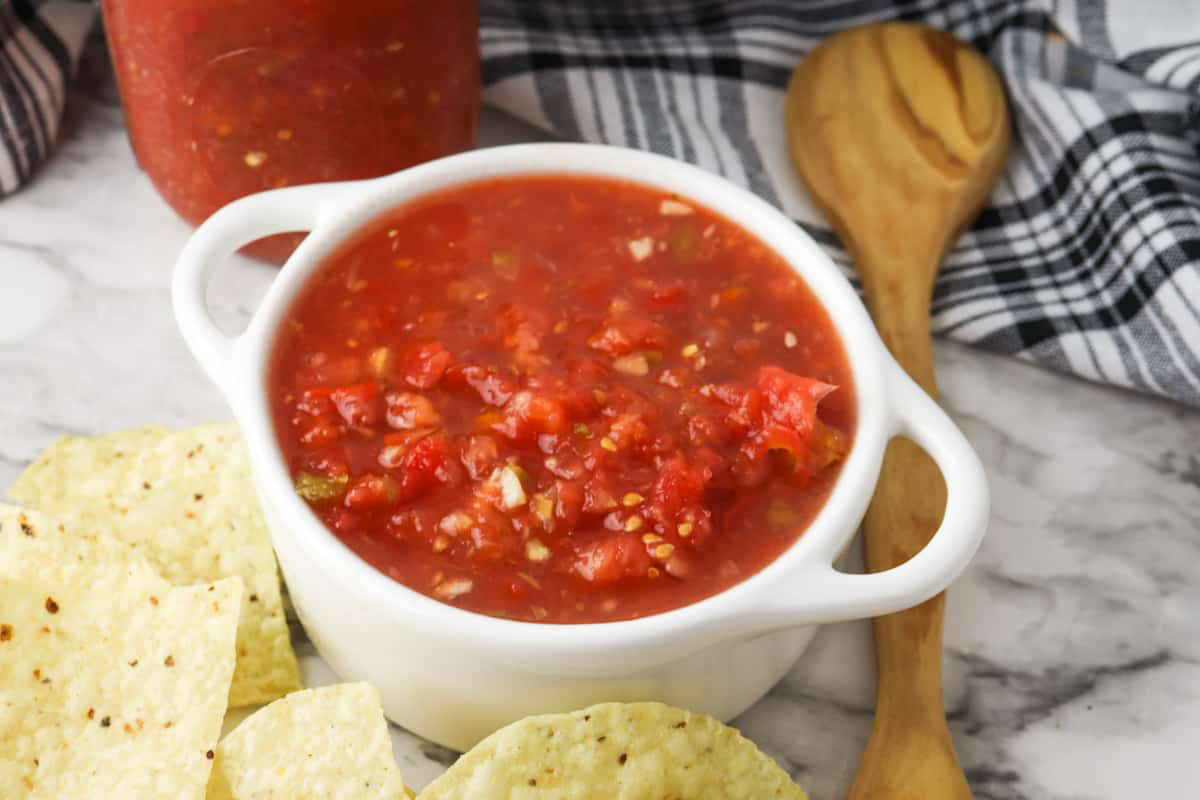Discovering the Versatility of Rapeseed
When it comes to cooking oils, there are a plethora of options available on the market. One such oil that has been gaining popularity in recent years is rapeseed oil. But what exactly is rapeseed and why should you consider incorporating it into your culinary repertoire?
Understanding Rapeseed
Rapeseed, also known as canola in North America, is a bright yellow flowering plant that belongs to the Brassicaceae family. The seeds of this plant are crushed to extract rapeseed oil, which has a mild flavor and a high smoke point, making it suitable for various cooking methods.
Health Benefits
Rapeseed oil is renowned for its numerous health benefits, making it a popular choice among health-conscious consumers. Some of the key benefits of rapeseed oil include:
- High in monounsaturated fats, which are known to promote heart health
- Rich in omega-3 fatty acids, essential for brain function and reducing inflammation
- Contains vitamin E, a powerful antioxidant that helps protect the body from oxidative stress
Uses in Cooking
Due to its neutral flavor and high smoke point, rapeseed oil is incredibly versatile in the kitchen. Here are some popular uses for rapeseed oil:
- Frying: Its high smoke point makes it ideal for deep frying and pan frying.
- Baking: Rapeseed oil can be used in a variety of baked goods, adding moisture and a light texture.
- Salad dressings: Its mild flavor makes it a great base for homemade salad dressings.
- Marinades: Use rapeseed oil as a base for marinades to tenderize and flavor meats and vegetables.
Environmental Impact
Aside from its culinary uses, rapeseed also has a positive environmental impact. It is a hardy crop that can be grown in a variety of climates, requiring minimal pesticides and fertilizers. Additionally, rapeseed plants help improve soil health and biodiversity, making it a sustainable choice for both farmers and consumers.
Conclusion
In conclusion, rapeseed is a versatile and nutritious oil that offers a wide range of culinary and health benefits. Whether you’re looking to elevate your cooking or make healthier choices, rapeseed oil is definitely worth considering. So, why not give it a try and explore the wonders of this golden-hued oil in your own kitchen?











